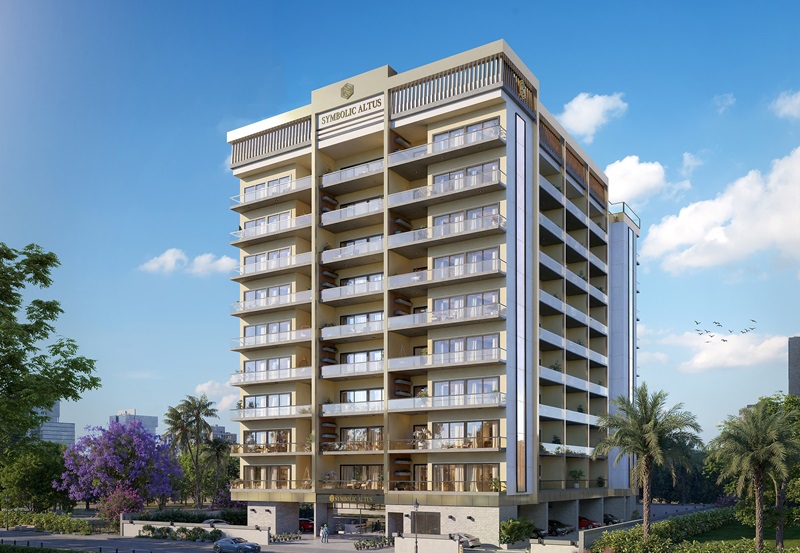
The Sultanate of Oman is driven by its Vision 2040 to build a productive and diversified economy, founded on innovation and sustainable development.
The country is aiming to diversify its sources of energy and achieve a green and circular economy by increasing environmental awareness and implementing sustainable consumption and production rules. CM today talks to professionals in Oman’s built environment to know what effect these goals have on the facilities management and property management sectors
Facilities Management in Oman
According to a report by Mordor Intelligence, the Oman facility management market was valued at US$403.51mn in 2019, and it is expected to reach US$746.31mn by 2025, registering a CAGR of 13.52%, during the period of 2020-2025.
The report also stated that the growing number of construction projects in the country is a major contributor to the growth of FM.
"The country has observed a significant number of construction projects in the past few years. With a forward outlook towards foreign investments and commercial service players' growth, the country has observed a significant number of construction projects in the past few years," it stated.
Another key trend observed is the growing number of strategic partnerships between FM players and commercial stakeholders, which is opening up more opportunities for growth.
“The Oman FM market is moderately fragmented with both local and international players possessing significant years of industry experience and the intensity of the competitive rivalry is high. The companies keep on innovating and enter into strategic partnerships in order to retain their market share,” the Mordor Intelligence report stated.
CM today reached out to a few industry experts in Oman to get the inside story.
Overcoming a pandemic
The FM industry in Oman was hit hard by the COVID-19 pandemic, and many small players went out of business. The industry is only now beginning to get back to the pre-pandemic normal.
"Due to COVID, many companies went bankrupt or had financial crises. Employers were not able to get the salaries on time. So, what happened is the workforce left the country and companies had very few people. So, to maintain business, they had to ensure that if they had only 10 staff remaining, these people were all rounders and skilled in doing multi level jobs," says Cheatan Koul, Head Of Operations, Tilal Development Company.
"During the pandemic, things were not that great. Both the FM and hospitality industries were hit badly. There were a lot of issues and challenges, but from this year, it looks positive and things are coming back to normal," says Ravi Bulsara, Project Manager, Renaissance Services.
With the gradual lifting of restrictions, he expects FM businesses to pick up soon. "Things are becoming normal. The government has not yet removed all restrictions. Oman has managed the pandemic in a very good way. I'm sure within three more months, things will be normal like before, I hope so,” said Ravi.
The pandemic was also responsible for bringing about several major changes in the FM sector of Oman. During the pandemic, there was an expansion of soft services to include security, temperature, and hygiene checks.
 "This was new to the industry because of Covid," says Haytham Elakkad, Facilities Manager at United Facility Management.
"This was new to the industry because of Covid," says Haytham Elakkad, Facilities Manager at United Facility Management.
"So before the pandemic, it was completely different. So the strategy and the workflows were completely different. You are not checking for vaccination certificates or carrying out sanitation frequently. For example, in the malls we manage, we had to put dedicated cleaners or staff in the different zones, let's say near to the escalator or elevators, to frequently clean the buttons using ministry approved chemicals,” says Cheatan.
Energy management and sustainability
There is an increased focus on energy management and sustainability initiatives. "The attention is on how to be more energy efficient without compromising on operations and customer experience," says Cheatan.
According to Haytham, almost every FM company is changing all the lighting to LED to save energy. The use of technology to improve building operations and energy usage is also being encouraged.
Giving the example of United Facility Management, Haytham said, “We are working on a new project related to artificial intelligence usage for energy saving. The main concept for this project is that through building management systems (BMS), you can control your equipment, like timing their switching on and switching off. So, you set up the program and it's executing the program according to your operation principles, okay. So, for example, if you are having a building like a mall and you need to switch on all the lights, for example, the external lighting you need to switch on from 6pm till when 1am. By using sensors and IoT, the BMS can sense the number of guests at the mall and regulate AC use. This will have an impact on energy savings. HVAC consumes the most electricity in any building.”
Property Management in Oman
Just like in FM, the pandemic has been a catalyst for change in Oman’s property management sector.
“Oman is still a young and maturing market compared to the likes of the UAE, however, it has a lot of potential for professional property management companies,” says Zak Harper, Property Manager, Cavendish Maxwell in Oman.
According to Ridhwan Radzi MRICS, Head of Research and Consultancy, Hamptons International Oman, the pandemic was responsible for increasing the awareness among developers and property owners on the need for property managers.
“Following the pandemic, it has become increasingly common to see investors and private owners appoint third party companies to manage their assets following the pandemic. Occupiers are demanding more amenities when seeking new office space with the property being professionally managed being one of them. We have seen international companies turn down suitable office space due to the lack of a property management company in place,” says Zak..
The property management market is greatly affected by the demand-supply dynamics. When supply is high, there is a greater need for property managers because people have more options to choose from and they ordinarily choose a property that is well maintained over one that is not.
“It leaves occupiers flooded with several options in the market, and we note that management and maintenance of the property plays an integral role for some of them in their decision making, “ says Ridhwan.
Zak agrees. “There is an oversupply of units in the market (both residential and commercial) and therefore a lot of focus is driven into retaining tenants. There is a constant demand for newer modern units with amenities such as swimming pools, gyms and natural light.”
Alex Maxton, Head of Property & Facilities Management, Savills & Partner LLC, said that there requires an effort to modernize the real estate market in Oman: “With an abundance of available supply, tenants are demanding more from the spaces they occupy. The landlords that appoint professional property managers to implement best practice policies are able to demand higher rents and retain greater occupancy. The market retains a traditional approach to facilities management, professional property managers support their clients by developing sustainable FM strategies that consider the full lifecycle of each equipment and the asset as a whole. With the built environment accounting for approximately 40% of global emissions and international corporates being mandated to reach sustainability targets, we expect a considerable transition in how buildings are operated and managed. Global property managers such as Savills are best placed to advise, implement and oversee strategies to deliver this change’’.
In Oman, property management is generally outsourced, but several landlords will do it inhouse for the purpose of anticipated cost savings, says Ridhwan.
“There is a small portion of the market that does understand the need for an independent property manager and it usually comprises investors that have larger portfolios, government entities or those that are familiar with the real estate industry. Many assets are still managed directly by developers or if privately owned, the owner themselves or a family member tends to oversee the property and do not always understand the benefits of appointing a property manager,” says Zak.
“Local developers and owners often have a limited outlook on building maintenance, and unless professionally managed, adopt a reactive approach to issues. Larger and international property owners understand the need for planned preventative maintenance (PPM) and often agree to annual maintenance contracts for specialized services and repairs,” he says.
“Both structures do have their advantages and disadvantages. Based on Hamptons International Oman’s experience in the market, property management demands knowledge of the property market and needs of the occupiers and visitors and expertise of the building’s technology. This is where many landlords could leverage on property managers so they can focus on their core business and leave the day-to-day operations of the property to the professionals. The details and nitty gritty including human resources, tools and equipment, legal issues and flexible access to particular skills will be well managed by us compared to when doing it inhouse. By outsourcing property management, the landlords will end up having peace of mind knowing that all the work is taken care of by people who are experts in their respective fields,” he explains.
However both experts agree that there is a growing focus on increasing the value of properties and retaining tenants.
Giving the example of Hamptons International Oman, Ridhwan says, “ We emphasize a lot on both attracting new tenants as well as retaining existing tenants through a well-established management system which keeps everything in check. We advise and consult on best practices on optimizing the potential of the property based on our market experience as well as collected data and analyses, making informative based decisions. This may even go to the extent of subdivision of units, where necessary, to attract better rental rates and marketability according to occupiers' needs. We should point out that a stable rental income is best protected by maintaining tenant satisfaction.”








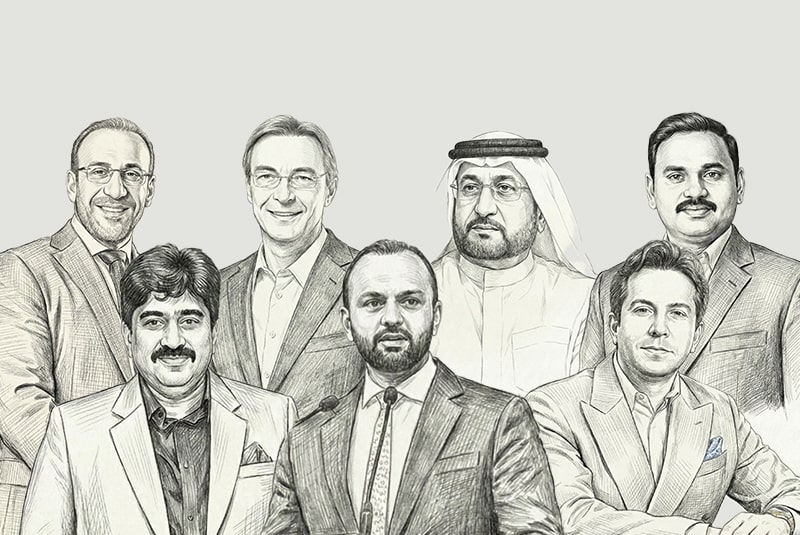
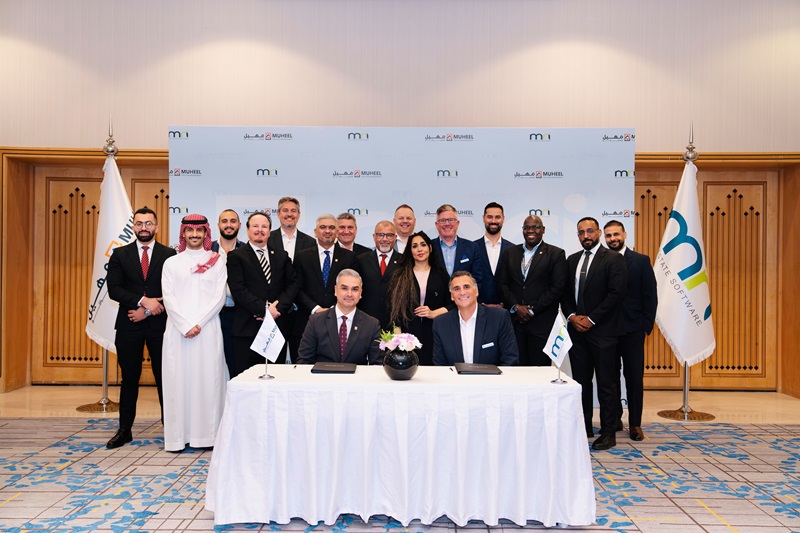
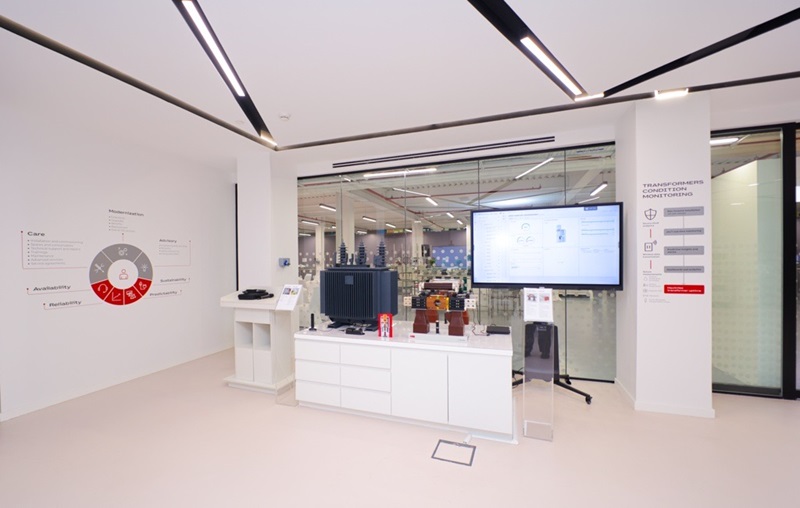
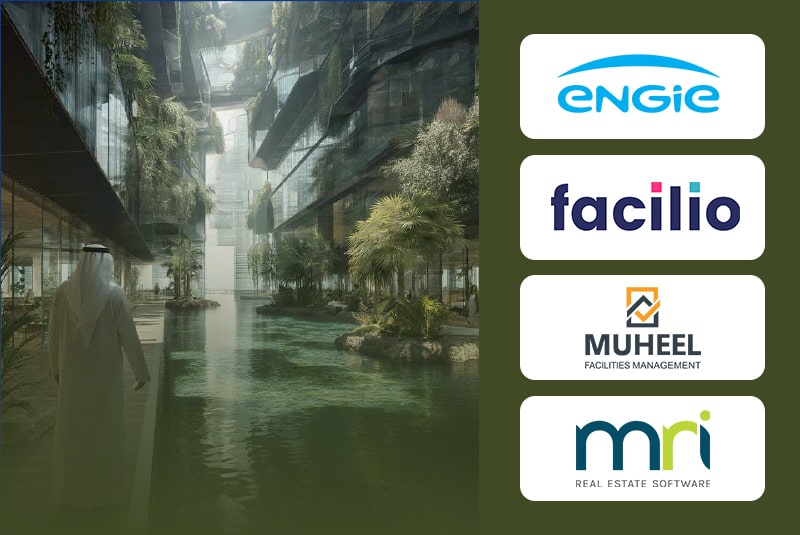
.jpg)
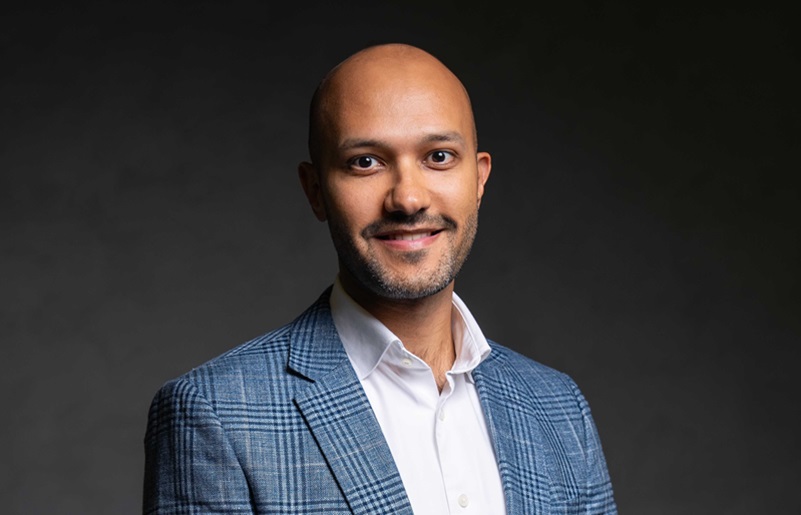
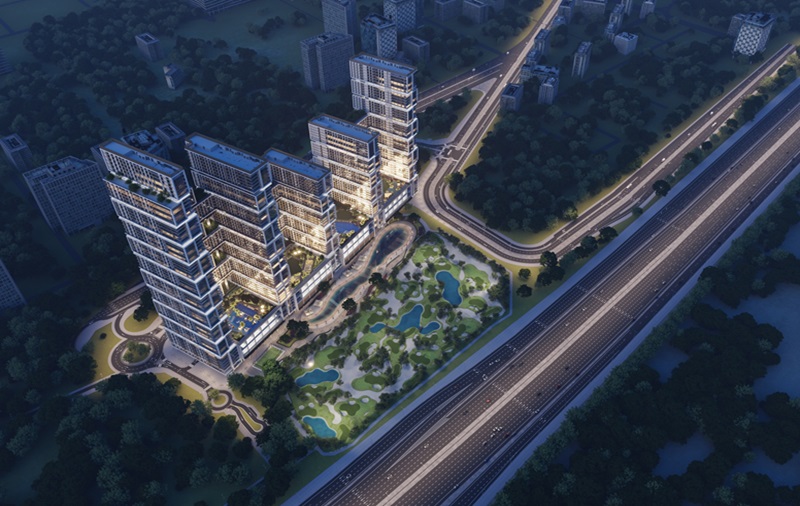
.jpg)
